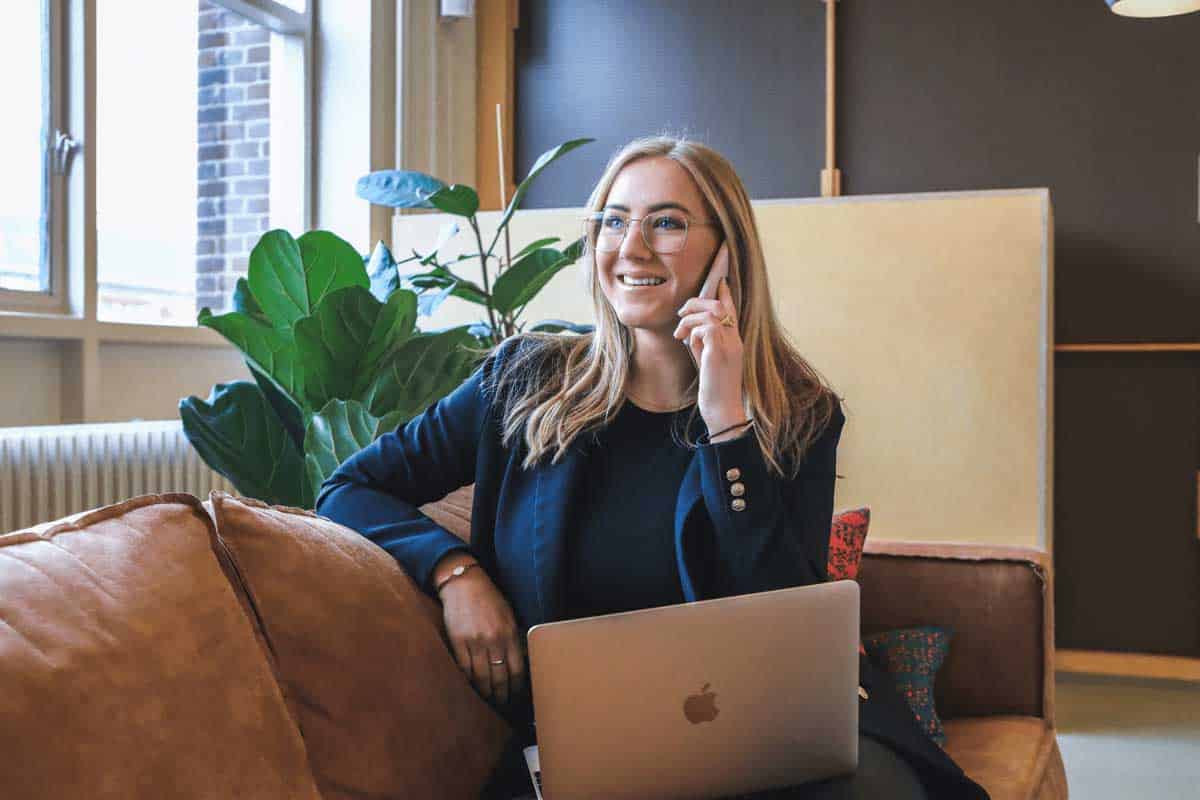SBA Financing is often available for the purchase of a small-midsize business and the real estate associated with it. SBA financing (U.S. Small Business Administration), is generally the least expensive and often the only financing available for the acquisition of small to midsize businesses. In fact, as professional business brokers, SBA financing is our preferred transaction financing structure. Our typical deal structure with SBA financing is a 10% to 15% buyer down payment, with 75% to as much as 90% SBA financing, and in some instances a Seller Note of 10% of the transaction value.
The SBA itself does not provide business financing (loans) and acts as the guarantor to approved SBA lenders (banks). The SBA will guarantee up to 75% of the financing for qualifying businesses and buyers. Pacific Business Sales works exclusively with SBA PLP (Preferred Lender Program) banks. As Business Brokers with over 20 years of experience in SBA-financed business acquisitions, we have long-term relationships with the top SBA lenders offering the best rates and with the best record of successfully closing transactions.
Some common misconceptions about SBA financing are that is it nearly impossible to obtain and it takes months. In fact, Pacific Business Sales in Orange County uses SBA financing for 90% of our transactions, and we often close SBA-financed transactions within 60 to 90 days from offer acceptance.
SBA Financing Terms
- SBA financing for business acquisitions has a maximum loan value of $5 million. You can have multiple SBA loans so long as the total loan value is less than $5 million.
- Minimum Buyer Down Payment is 10%, some banks may require 15% depending on the buyer’s qualifications. (note this is a cash down payment and funds must come from the buyer).
- SBA Interest rate of Prime + 3.0% (max set by the SBA), as of January 2024 most banks’ SBA loan rate is between 9.5% and 10.5%, the current maximum SBA lending rate is 11.5%. We have one lender offers a 10-year fixed rate SBA 7a loans at 7.75% yo 8%.
- 10-year financing term.
- No prepayment penalty on SBA 7(a) loans.
- Collateral is required on most loans, typically a lien against your home or other assets (in some circumstances collateral can be waived, typically on small transactions).

Steps in Getting an SBA Loan to Buy a Business
The SBA lender will require the following from the Buyer and the Seller (business owner)
Buyer Financial Information
1. Your last 3 years personal tax returns
2. Personal Financial Statement
3. SBA Application form (provided by lender)
4. Resume (must show relevant business experience)
5. Other forms
6. Credit Score over 700 (minimum)
7. Copy of Purchase Agreement
8. Pre-Approval – if you have not submitted an offer yet, many banks will provide you with a Pre-Approval letter with the information above
Business Financial information
1. Last 3 years business tax returns (federal only)
2. Last 3 years P&Ls and current Year to Date P&L no later than 60 days old
3. Previous Year and Year to Date P&L by Month (in columns for each month – not always required)
4. Balance Sheet no longer than 60 days old
5. A/R Aging Report no longer than 60 days old
6. Equipment List
Bank LOI
After preliminary review of the Buyer and business financials and the Buyer application, the SBA lender will send an LOI (Letter of Interest aka Preliminary or Contingent Approval). After the Buyer signs the LOI and sends a deposit to the bank (non-refundable deposit applied to the down payment), the bank starts underwriting and orders appraisals on the business and buyer’s collateral.
Underwriting & Appraisals
Appraisals on the business (business valuations) and Buyer’s collateral (typically residence or other real estate) and underwriting typically take 2 to 3 weeks.
Final Approval
After underwriting, appraisals, and Credit Approval are complete the bank sends the Buyer a Final Approval letter. When the Final Approval Letter is signed by the Buyer the bank will draft loan documents, send the loan documents to escrow for closing, and assign a Closer.
Final Buyer Deposit – Balance of Buyer Down Payment sent to escrow
When the loan documents are received by Escrow and signed by the Buyer, the Buyer wires the final down payment to Escrow.
Bank Funding & Closing
After the Buyer’s deposit is received the bank wires the final funding and Escrow starts the closing process (typically same-day closing), escrow is closed and the Buyer is the new owner of the business.
Types of SBA Loans
SBA 7(a) Business Acquistion Loans
The 7(a) Loan Program is SBA’s most common loan program. The 7(a) Loan Program includes financial help for businesses with special requirements in addition to loans for the purchase of a small business.
The SBA will loan the maximum amount of $5 million with the 7(a) Loan Program for businesses that meet the SBA loan qualifications.
SBA’s Microloan Program provides small, short-term loans to small business concerns and certain types of not-for-profit child-care centers for start-up and expansion.
The Microloan program provides loans up to $50,000.
The SBA 504 Loan Program provides financing for major fixed assets such as equipment or real estate. Buyers can combine the 7(a) financing with the 504 loan when purchasing the business and Real Estate for better financing terms.
The SBA will provide a 504 loan according to the value of the Collateral taking into consideration DSCR (Debt Service Coverage Ratio)
